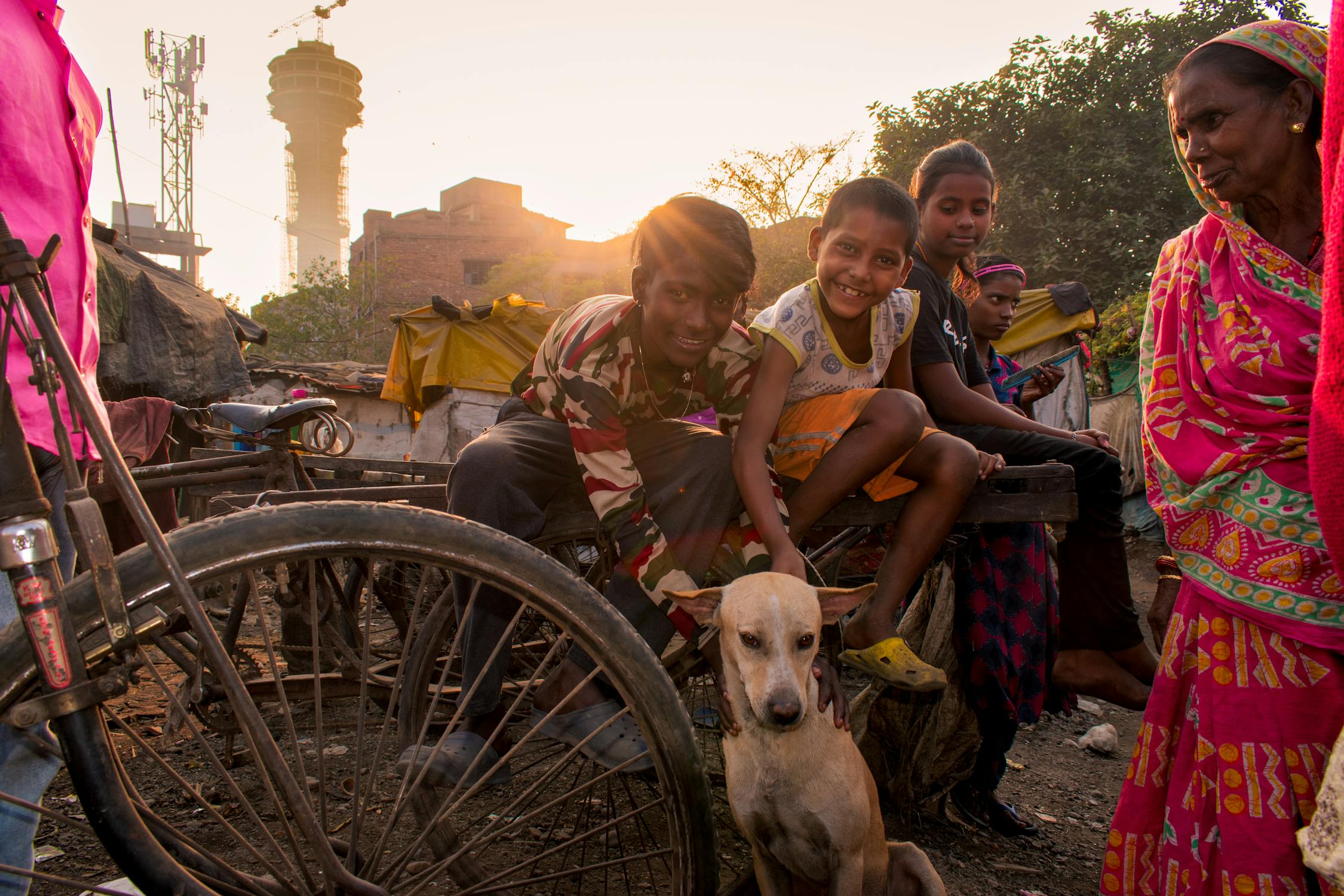WHO Just Dropped Game-Changing Guidelines on Meningitis Here’s Why It Matters to All of Us

Let’s Talk About Something That Doesn’t Get Enough Air Time: Meningitis
Alright, real talk. When’s the last time you thought about meningitis?
If you’re like most people, probably never know unless you’ve had a brush with it personally. I can tell you... this disease moves fast. Scary fast. BUT! now, finally, the World Health Organization (WHO) has released its first-ever global guidelines for how we diagnose, treat, and support people with meningitis.
What Even Is Meningitis?
Meningitis is basically inflammation of the membranes that protect your brain and spinal cord. It sounds complicated and honestly, it is but here’s a simple analogy: Think of your brain as your phone, and the protective membranes as the case. Now imagine your phone case catching fire. That’s meningitis. It can be caused by bacteria, viruses, or fungi, but bacterial meningitis is the deadliest we’re talking fatal within 24 hours if not treated properly.
The Numbers Are Alarming (and Eye-Opening)
Here’s the thing most people don’t realize:
- In 2019 alone, there were 2.5 million global cases of meningitis
- 240,000 deaths came from the bacterial kind
- And about 1 in 5 survivors walk away with life-altering complications—like hearing loss, brain damage, or seizures
Now imagine you live somewhere where hospitals are understaffed and vaccines aren’t readily available. That’s the daily reality in many low- and middle-income countries—especially in what’s known as Africa’s “meningitis belt.”
So, What’s WHO Actually Doing About It?
WHO’s new guidelines aren’t just some dusty PDF for policymakers they’re a practical, step-by-step playbook for doctors, nurses, and health workers worldwide. And yes, it’s tailored for low-resource settings too.
- Here's what the new guidelines include:
- How to diagnose meningitis fast and accurately
- What antibiotics to use (and when)
- Adjunctive treatments that improve survival rates
- Long-term care for survivors dealing with disabilities
- Guidance for both everyday cases and outbreak scenarios
Basically, WHO just handed the world a toolkit to fight meningitis smarter and faster—especially in places that need it most.
Why This Matters to You, Even If You Live Far from the “Meningitis Belt”
Here’s the truth: meningitis doesn’t check passports. It can hit anyone, anywhere, anytime. Even in countries with robust healthcare systems, the early symptoms can look like a bad flu or a viral fever. That’s what happened with my cousin—by the time the word “meningitis” was mentioned, the clock was already ticking. Speed saves lives. These guidelines could be the difference between catching it early or facing long-term trauma.
How This Fits into the Bigger Picture: “Defeating Meningitis by 2030”
Yup, there’s a global plan.
WHO’s guidelines are part of a bold, coordinated effort to:
- Eliminate bacterial meningitis epidemics
- Cut vaccine-preventable cases by 50%
- Reduce deaths by 70%
- Improve life for survivors dealing with post-meningitis challenges
All by the year 2030. Ambitious? Definitely. But doable—with awareness, political will, and action.
- How do you know if someone has meningitis?
Look out for:
- Sudden fever
- Severe headache
- Stiff neck
- Sensitivity to light
- Confusion or seizures In babies: high-pitched crying, a bulging soft spot on the head, or poor feeding.
- Can meningitis be prevented?
Absolutely. Several vaccines protect against the most dangerous bacterial strains. Staying up-to-date on immunizations is key—especially if you're traveling.
- Is treatment effective?
Yes—if caught early. That’s why WHO’s push for faster diagnosis and access to antibiotics is a game-changer.
It’s Not Just Medical Jargon—It’s Someone’s Life
I’ll never forget the look on my aunt’s face when the doctors said my cousin had a 50/50 chance. That fear? It doesn’t leave you. That’s why this move by WHO is personal not just global policy. It’s about saving lives, reducing suffering, and making sure no one gets left behind because of where they live or how much money they have. So, the next time you hear “meningitis,” don’t just brush it off. Share the info. Talk to your doctor about vaccines. Ask your kid’s school if they’re aware. Little steps add up.


